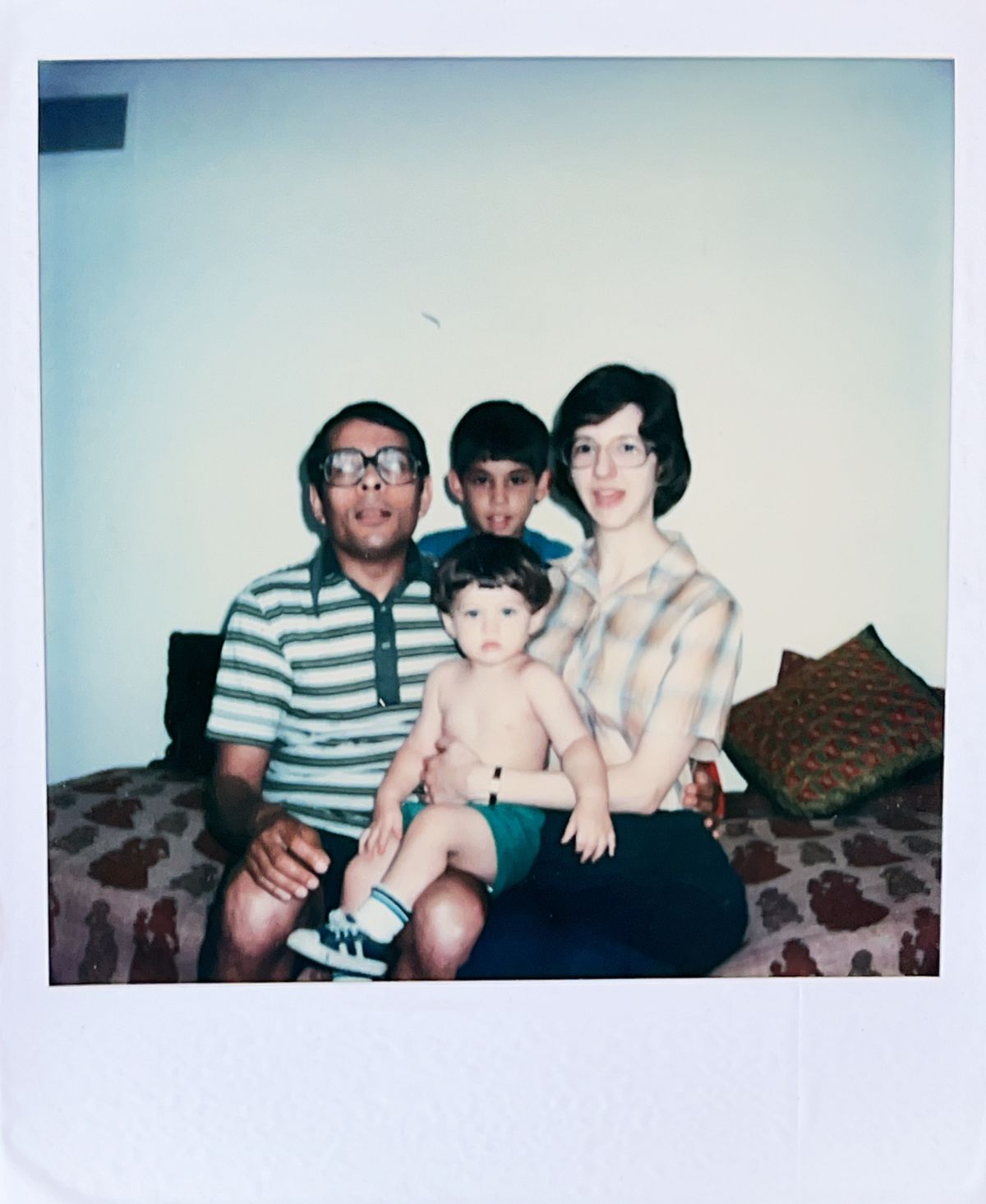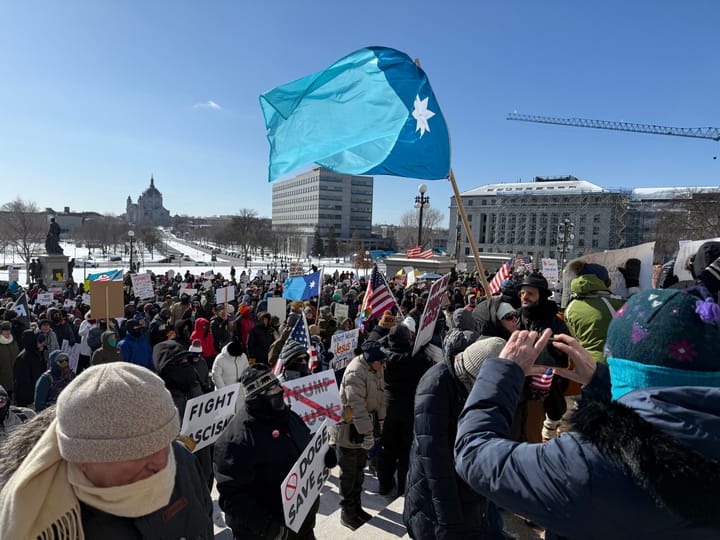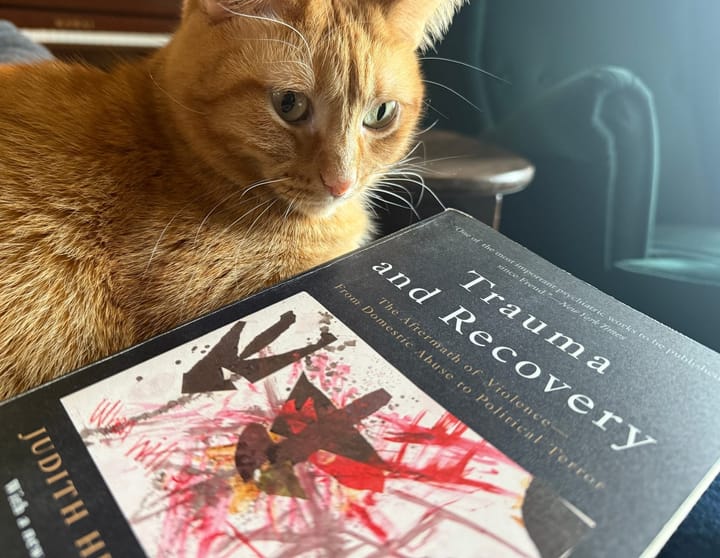What I’ve been learning about racism
What does it mean for a coach like me to put anti-racism into practice in my work? Thinking through that question has led me to understand my own cultural identities differently.

Because other people reliably experience me as a white person, that’s how I usually identify my race in the world. (“Whiteness,” as I see it, is nothing more than passing.) But I am also the light-skinned son of a white mother and a South Asian father, who got married just one year after interracial marriage was legalized across the United States. My father, like many first-generation immigrants in the 1960s, was as emphatically American as he could be, eating hamburgers and watching football games, and he discouraged questions about his Gujarati language and heritage. Though other white members of my family were appreciative of my father’s culture in many ways (at dinnertime especially), they also made fun of his accent, openly questioned Indian relatives’ hygiene and intelligence, and spoke approvingly and often of the British colonization of India. All this felt normal to me as a child in the 1980s.
It wasn’t until I started learning about anti-Blackness in recent years that I came to understand that my bicultural upbringing, of which I’d always been very proud, had also trained me well in the ideology of white supremacy. That understanding remained mostly implicit, at the level of uneasy gut-feeling, until this question challenged me to make it explicit.
Wrestling with the complex legacies of racism in my own life helps orient my coaching practice toward liberation. Reflecting on my father’s experiences of bigotry as a person of color in America — out in the world, in our family, and in his own self-understanding — helps me pay close attention to the specific forms of racialized harm that my clients of color experience. Reflecting on the ways I’ve had a much easier time in the world than my darker-skinned brother keeps me alert to the toxic effects of colorism. And reflecting on the ways I still benefit from white supremacy encourages me to become more skillful in unlearning the racism I’ve learned.
How Inclusive Therapists made this post possible
To joint the Inclusive Therapists community, I had to answer four very deep questions about my coaching practice. The first version of this post was my answer to one of them. Here are the rest:



